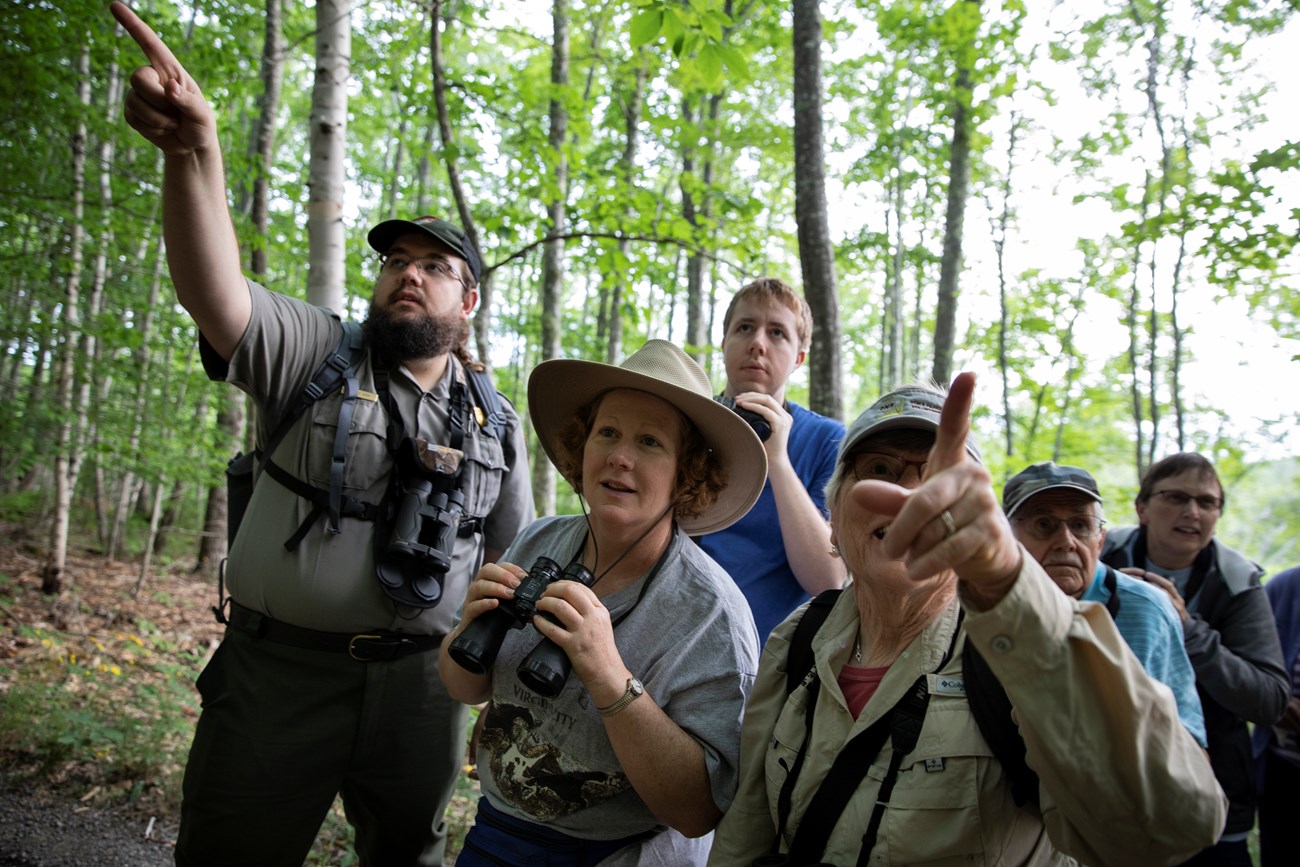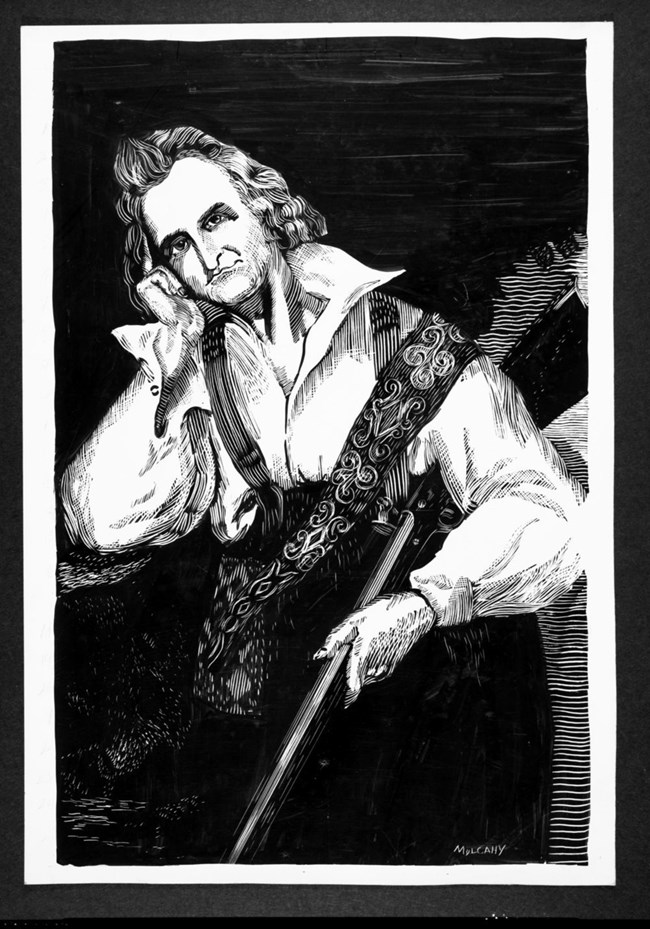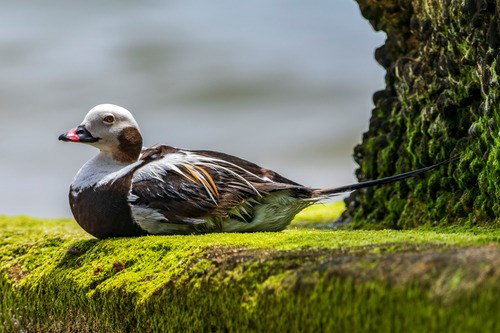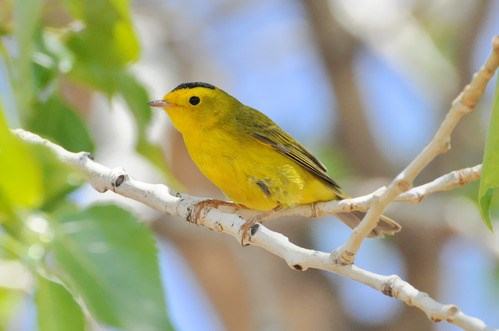Last updated: October 7, 2021
Article
What’s In a Name? That Which We Call a Bird

Friends of Acadia/Yehyun Kim
Birders flock to Acadia to seek out a diverse variety of migratory birds. Our thick forest, rocky cliffs, and crashing coastline provide a safe environment for a variety of bird species. It is hard to imagine that birds are a topic of conversation in the wake of systemic injustices and larger efforts to confront biases. Birds' names take on a different tone when we find out the person behind the name. Changing eponymous birds' names is the birding community’s response to this new awareness.

NPS
Bird naming is representative of colonialism. Colonizers claimed birds as they were “discovered,” despite already having names given by indigenous people who understood these creatures before European arrival. This displays a triumph of possession over appreciation. In light of present day social standards, supporters are thinking that some of these names should be changed. Bird Names for Birds is a group striving to make birding more inclusive by changing all eponymous bird names.

NPS

NPS
Honorific bird names perpetuate social injustices and this practice has created inequities in the birding community and emblematic of a larger problem. First, these offensive names encompass a sense of not belonging. Birders of color are reminded that this field is founded by people who would find them lesser than. In addition, a lack of diversity in the outdoors is traced to the beginning of park establishment in the United States, which has led to no immediate access to nature around minority communities compared to white communities, according to the Audubon Society. However, this awareness has led to the creation of Black Birders Week, amplifying black birders, and black professionals in the natural resources realm. Efforts like this uplift communities of color to explore nature and encourage others to support a more equitable outdoors.
